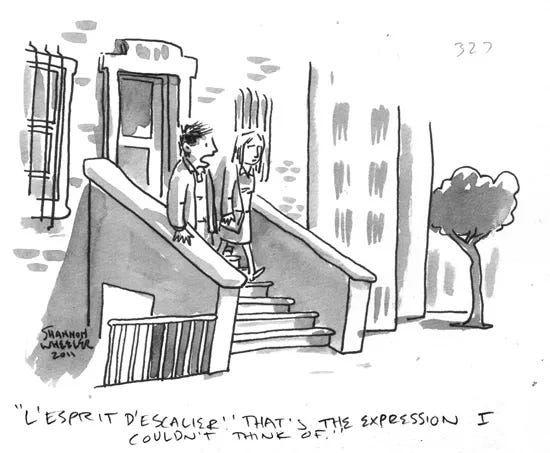The other day I was trying to recall the name of the author of Witness and I came up with Houston Chamberlain. The author, of course, is Whittaker Chambers. The confusion was presumably sired by 'Chamber.'
Memory, though infirm, is not wholly unreliable. If it were, I would not have been able to realize my mistake.
Whittaker Chambers on Beethoven
Whittaker Chambers (Witness, p. 19) on the Third Movement of Beethoven's Ninth Symphony:
. . . that music was the moment at which Beethoven finally passed beyond the suffering of his life on earth and reached for the hand of God, as God reaches for the hand of Adam in Michelangelo's vision of the creation.
Well, either the adagio movement of the 9th or the late piano sonatas, in particular, Opus 109, Opus 110, and Opus 111. To my ear, these late compositions are unsurpassed in depth and beauty.
In these and a few other compositions of the great composers we achieve a glimpse of what music is capable of. Just as one will never appreciate the possibilities of genuine philosophy by reading hacks such as Ayn Rand or positivist philistines (philosophistines?) such as David Stove, one will never appreciate the possibilities of great music and its power of speaking to what is deepest in us if one listens only to contemporary popular music.
Witness deserves pride of place on every anti-commie bookshelf. Its literary merit is second only to its great historical value. It is essential reading if you would understand the communist mentality which is carried on in diluted but equally dangerous form in the contemporary Democrat Party in the USA.

